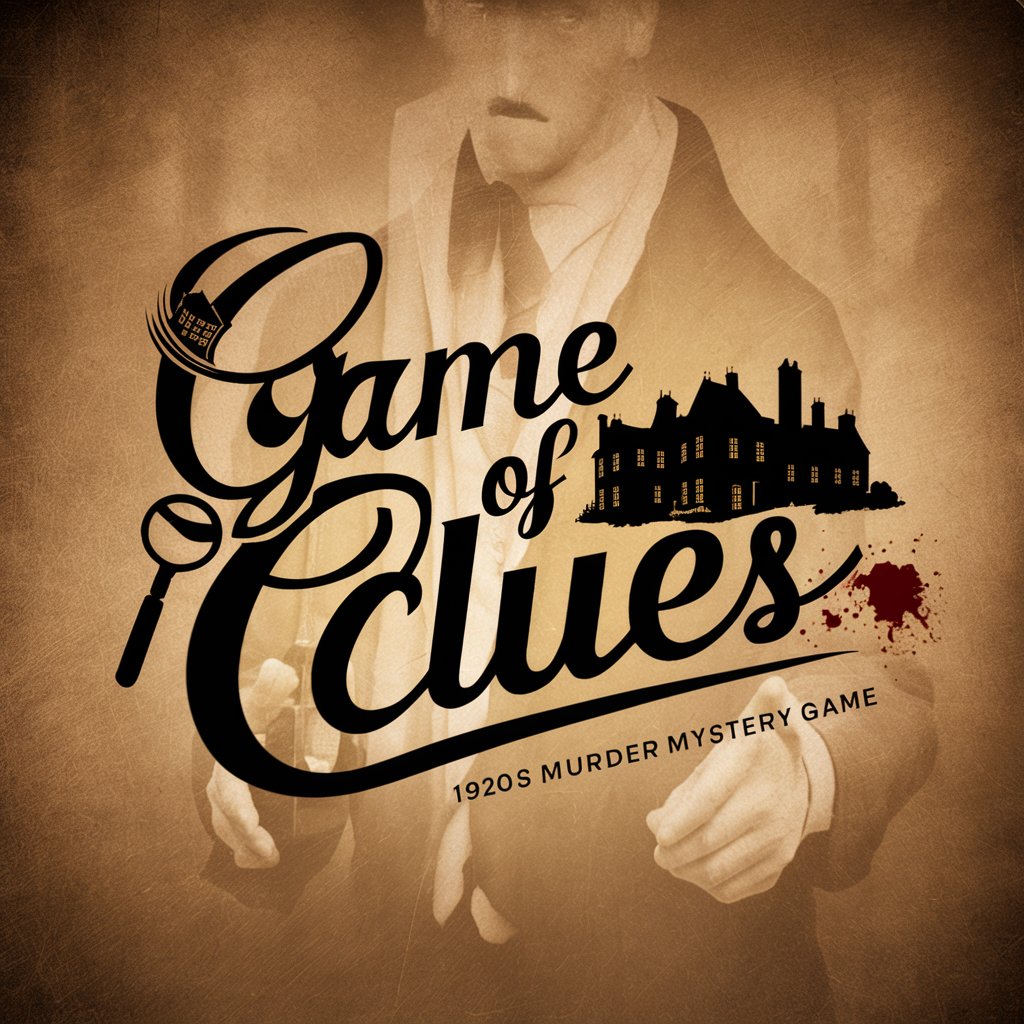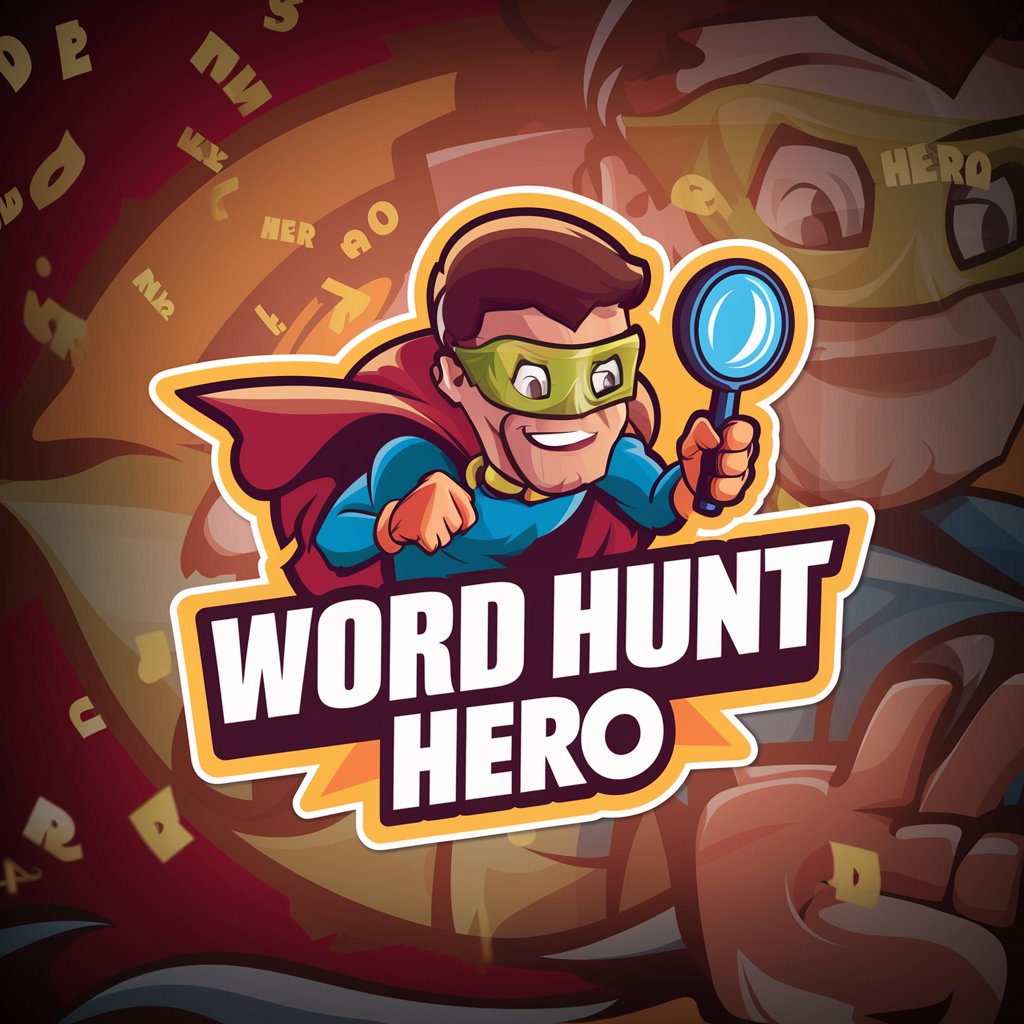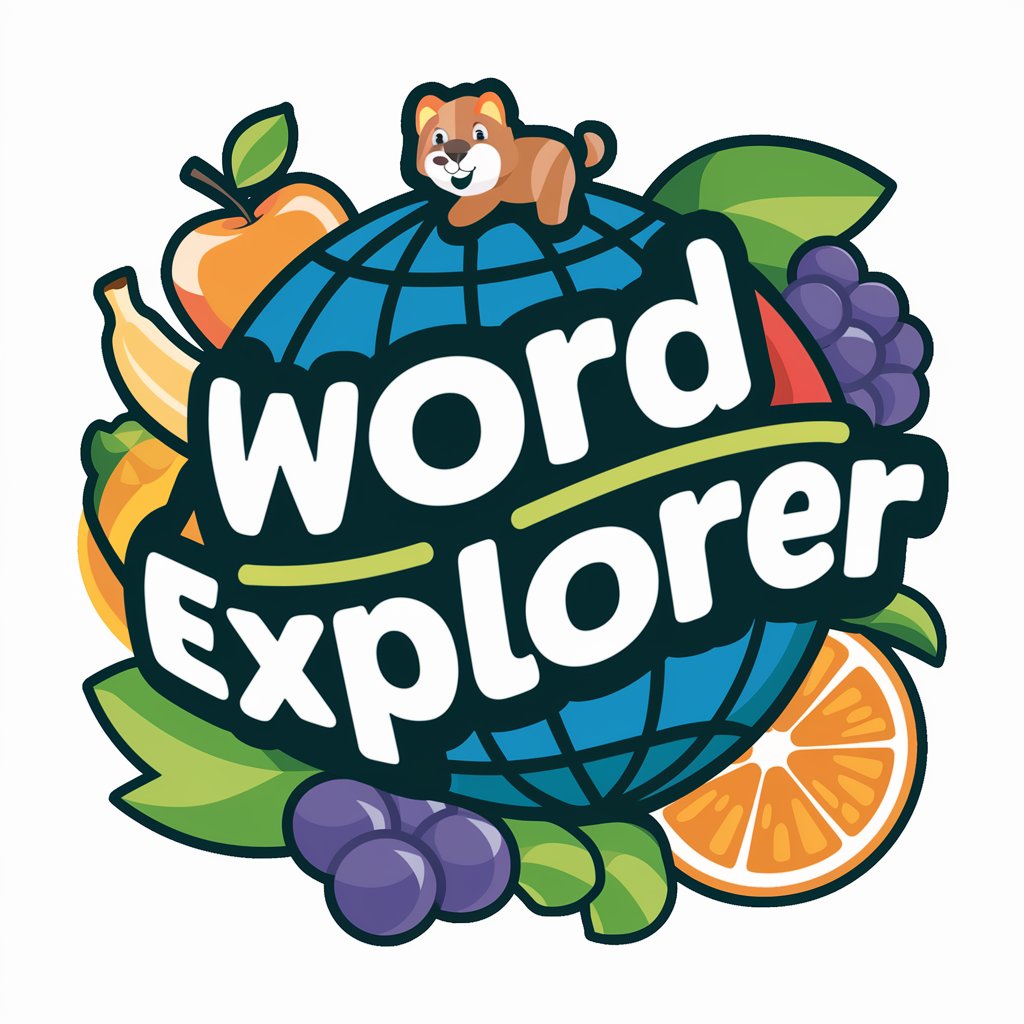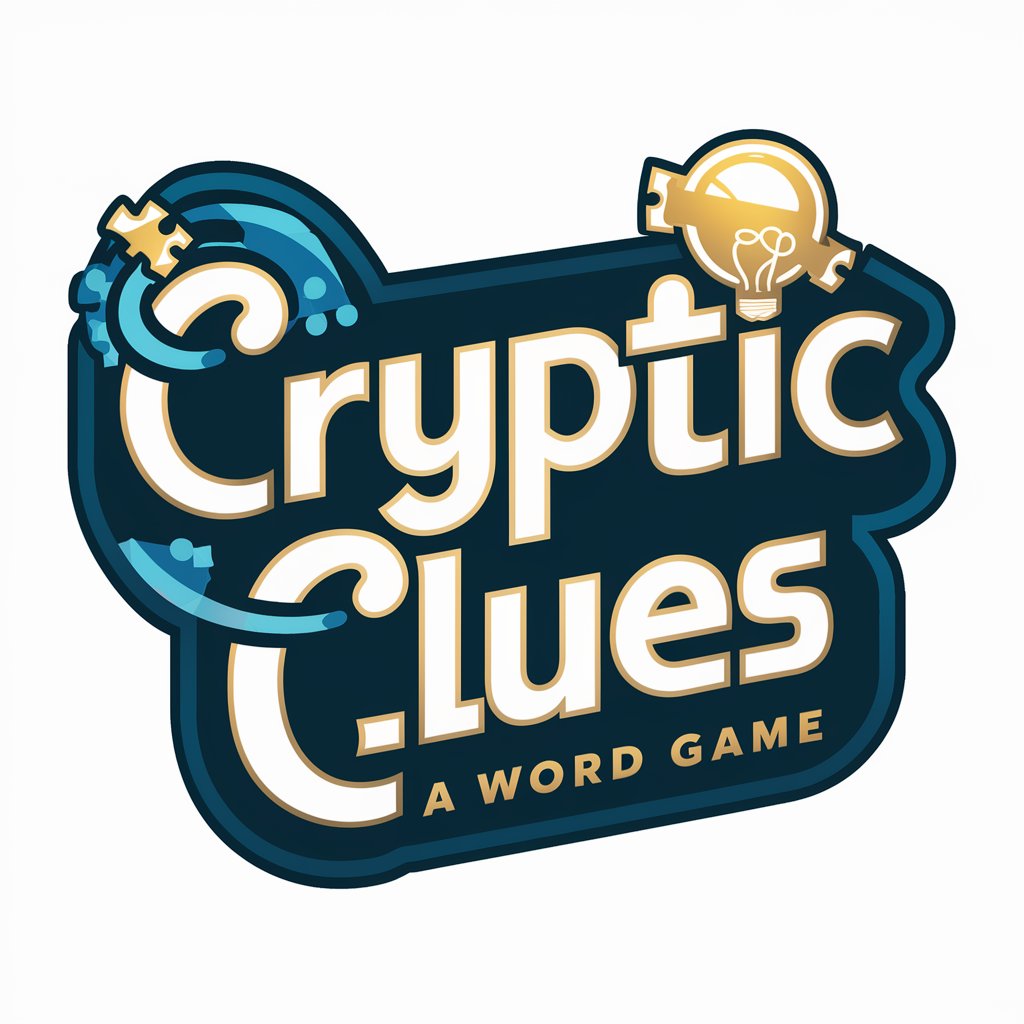
Mystery Word Quest - AI-powered word-guessing game

Test your detective skills: embark on a quest to discover the mystery word
AI-powered fun guessing game for everyone.
START
Check out my latest GPT with 100k+ usages!
Get Embed Code
Mystery Word Quest Overview
Mystery Word Quest is an interactive word-guessing game designed to engage players in a process of inquiry and deduction. The game revolves around identifying a 'mystery word' from a set of 30 randomly chosen words. Through a series of strategic yes-or-no questions, players gradually eliminate possibilities and narrow down to the correct word. The goal is to guess the word using the fewest possible questions. Mystery Word Quest's core design is focused on promoting logical thinking, pattern recognition, and the development of questioning strategies, making it both an educational and entertaining tool. For example, a player may ask 'Is it alive?' and based on the answer, they can begin filtering through living and non-living options. The game continues until the player correctly identifies the mystery word. Scenarios such as this create a dynamic, engaging experience that challenges players' reasoning abilities. Powered by ChatGPT-4o。

Core Functions of Mystery Word Quest
Random Word Selection
Example
At the start of each game, 30 words are randomly chosen from a predefined list of diverse terms. One of these is secretly designated as the mystery word.
Scenario
In a classroom setting, a teacher might use this feature to engage students in a vocabulary review session. The randomization keeps the exercise fresh and ensures that each game is different, making it an ongoing learning tool.
Strategic Questioning
Example
Players ask yes-or-no questions to deduce the mystery word. For instance, they might ask 'Is it bigger than a person?' or 'Can it be found indoors?' to gradually narrow their choices.
Scenario
A family playing during a game night would benefit from this feature by practicing critical thinking. The variety of possible questions allows players of different ages to contribute equally, making it inclusive and family-friendly.
Tracking Number of Questions
Example
The game keeps track of the number of questions asked by the player, encouraging them to be thoughtful in their inquiries. A congratulatory message is given when the mystery word is identified.
Scenario
In a team-building exercise at work, players can challenge each other to guess the mystery word in the fewest questions, fostering collaboration and competition.
Custom Feedback
Example
After each question or guess, the game provides immediate feedback about whether the guess or question aligns with the mystery word. If the player guesses wrong, they are informed but encouraged to keep going.
Scenario
In an educational context, this feature is valuable for self-directed learning, as students receive instant feedback and can adjust their strategies without needing external intervention.
DALL·E Integration for Visual Rewards
Example
When a player correctly identifies the mystery word, a congratulatory image is generated using DALL·E as a fun reward for their success.
Scenario
A language instructor might use this feature to make learning more interactive and rewarding by offering visual cues and reinforcements when students correctly guess words in a foreign language.
Target User Groups
Educators and Students
Teachers and students benefit from Mystery Word Quest due to its capacity to promote learning through inquiry. It encourages critical thinking, logical deduction, and engagement with vocabulary in a fun and interactive way. Students can practice formulating meaningful questions, while teachers can use it to reinforce vocabulary and concepts in a playful, low-pressure environment.
Families and Casual Players
Families looking for an interactive and inclusive game to play together are ideal users. Mystery Word Quest’s variety of words and open-ended questioning makes it suitable for different age groups, ensuring that everyone can participate. The random selection of words and scenarios also make it replayable for casual game nights.
Team-Building Participants
Corporate trainers or facilitators of team-building exercises can use the game as a lighthearted, yet strategic activity to build communication and problem-solving skills. Mystery Word Quest encourages collaboration and creative thinking, making it a great tool for fostering teamwork.
Language Learners
Individuals learning new languages can utilize the game to practice vocabulary and improve language skills. By interacting with a wide variety of words and practicing strategic questioning, language learners sharpen both their comprehension and verbal reasoning abilities.

How to Use Mystery Word Quest
1
Visit yeschat.ai for a free trial without login, also no need for ChatGPT Plus.
2
Start the game by clicking on the Mystery Word Quest section. The tool will randomly select 30 words for you.
3
Ask yes/no questions to narrow down the mystery word. The AI will respond based on the characteristics of the selected word.
4
Continue asking strategic questions to identify the word. Use clues like size, category, and attributes to focus your guesses.
5
Make a final guess when you're confident of the word. The AI will confirm if your guess is correct and track the number of questions asked.
Try other advanced and practical GPTs
Danske Skatteregler
AI-powered Danish tax guidance

Grammar
AI-powered grammar correction, instantly

System Prompt Generator
AI-powered prompt crafting made easy.

Pathfinder 2e Remastered Guide
Master Pathfinder 2e with AI-powered guidance.

Job Search AI
AI-powered job search and insights

Machine Learning
Empower Your Projects with AI Insights.

Contract, Agreement, Law (Not a Lawyer)
AI-powered legal document generator

1.6. - Justificación
AI-powered research justification for academic projects

Notion Expert
AI-powered Notion customization tool.

Python Copilot
AI-powered Python assistant for coding excellence

Jenkins
AI-powered assistant for code and tasks

Stata
AI-powered data analysis at your fingertips.

Common Q&A about Mystery Word Quest
What is the primary goal of Mystery Word Quest?
The goal is to guess the 'mystery word' by asking yes/no questions. The fewer questions you ask, the better your score. It's a fun, strategic word-guessing game powered by AI.
How does Mystery Word Quest choose the mystery word?
The game randomly selects 30 words from a predefined vocabulary list, and one of these is designated as the mystery word. The player must guess which word it is by asking questions.
Can I play Mystery Word Quest with friends?
Yes, Mystery Word Quest can be played solo or as a group activity. You can take turns asking questions or collaborate to guess the word, making it a fun multiplayer experience.
What are good questions to ask when starting the game?
Some good opening questions include 'Is it alive?', 'Is it bigger than a person?', or 'Is it something you can eat?'. These will help you quickly narrow down the word category.
Is there a limit to how many questions I can ask?
No, there is no strict question limit, but the goal is to guess the mystery word using the fewest questions possible. Keeping track of your question count adds an extra layer of challenge.





